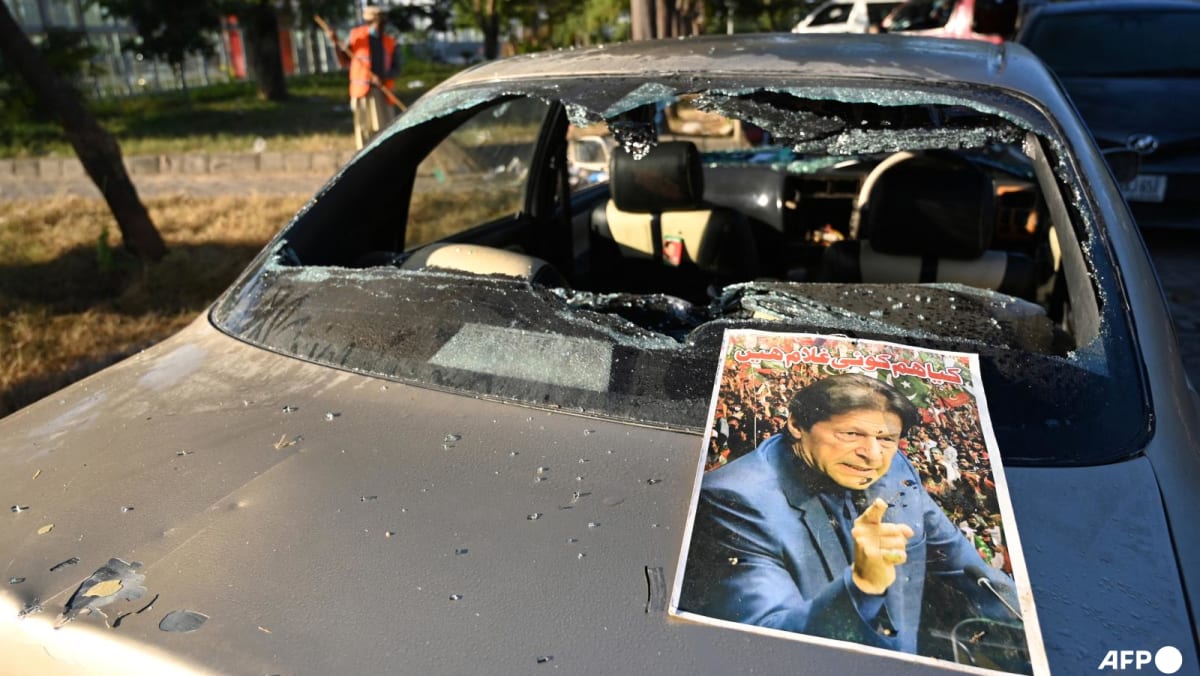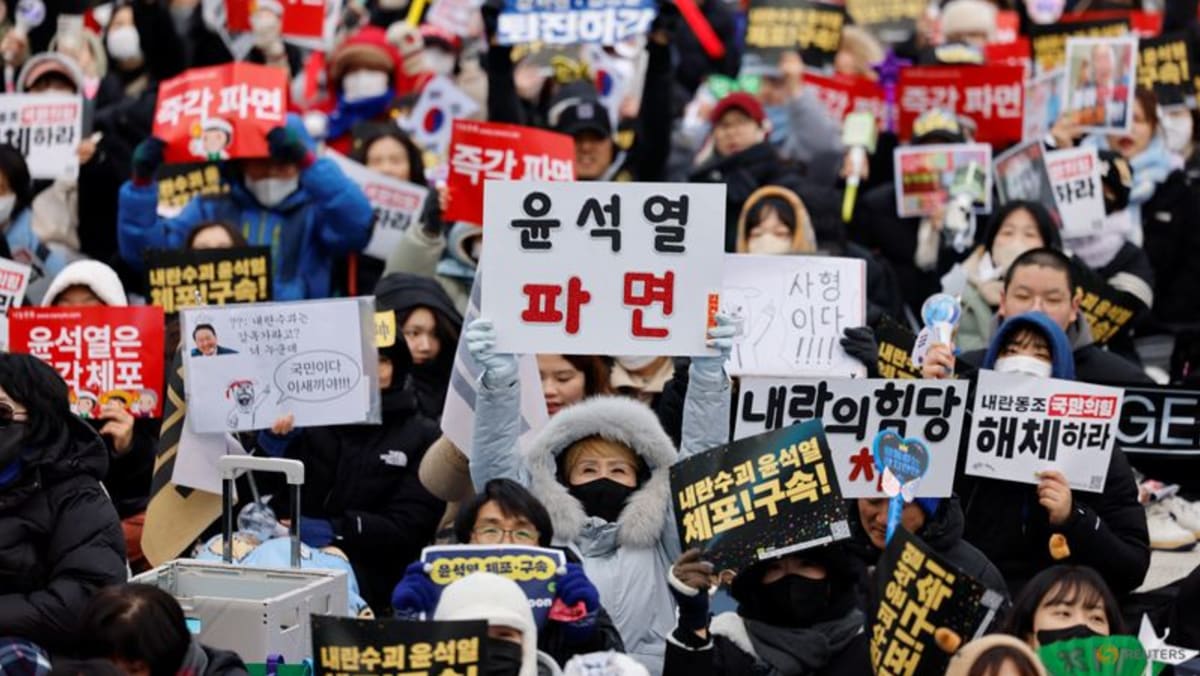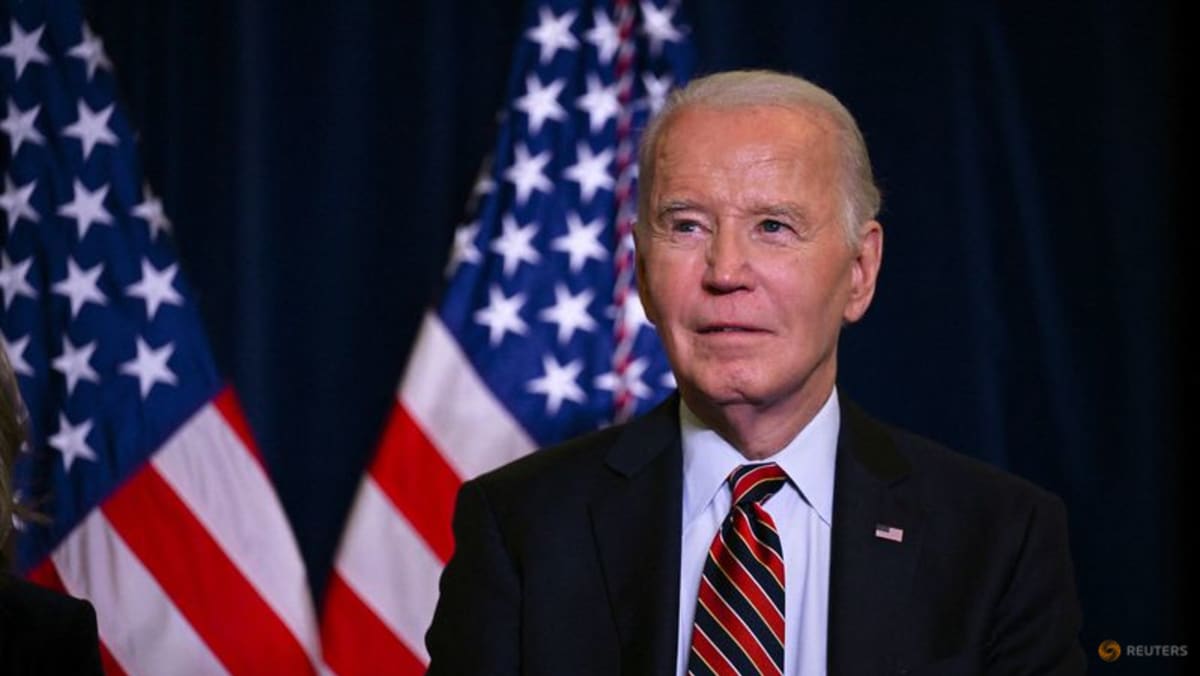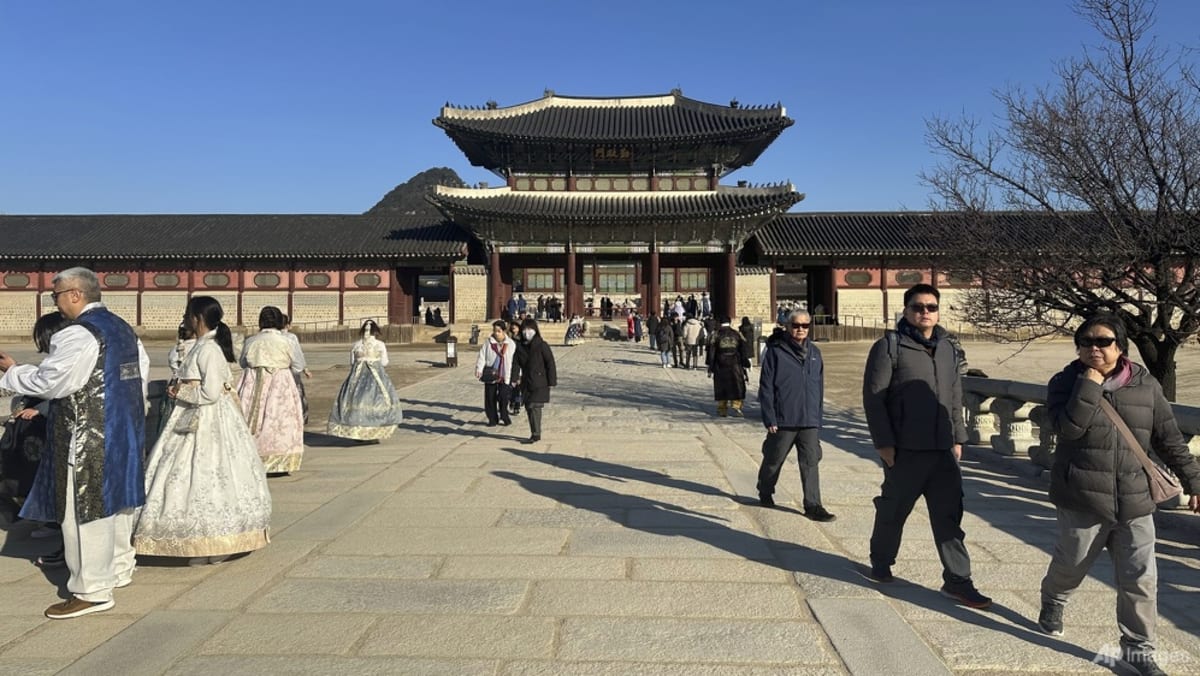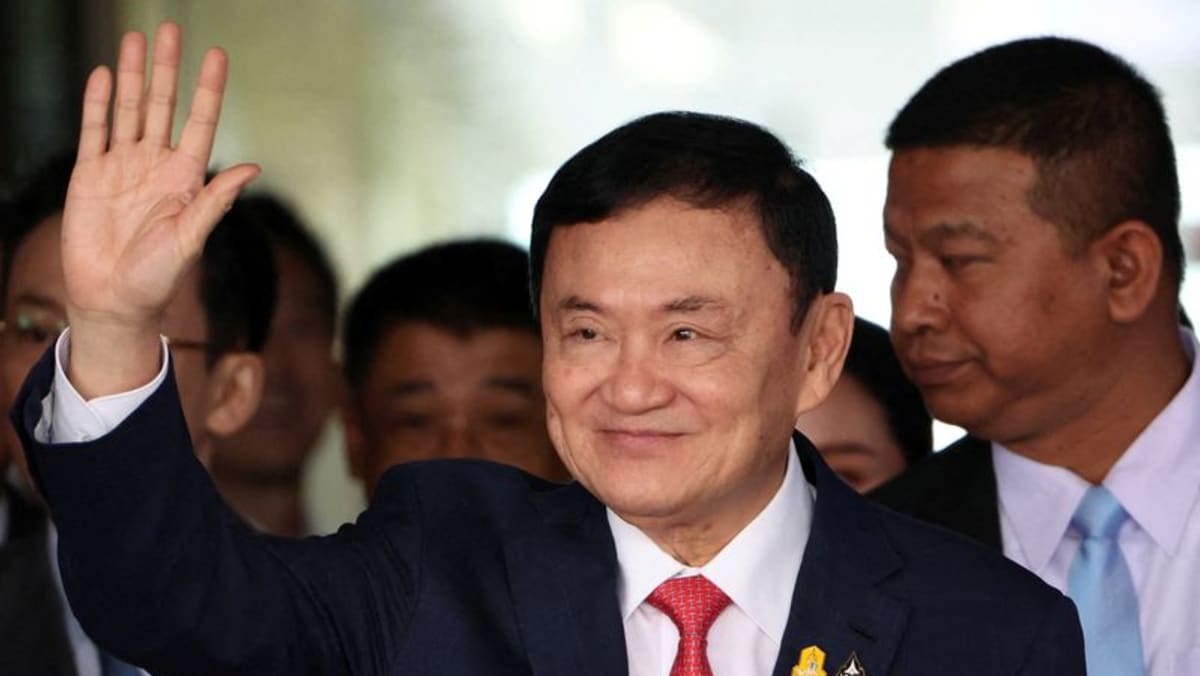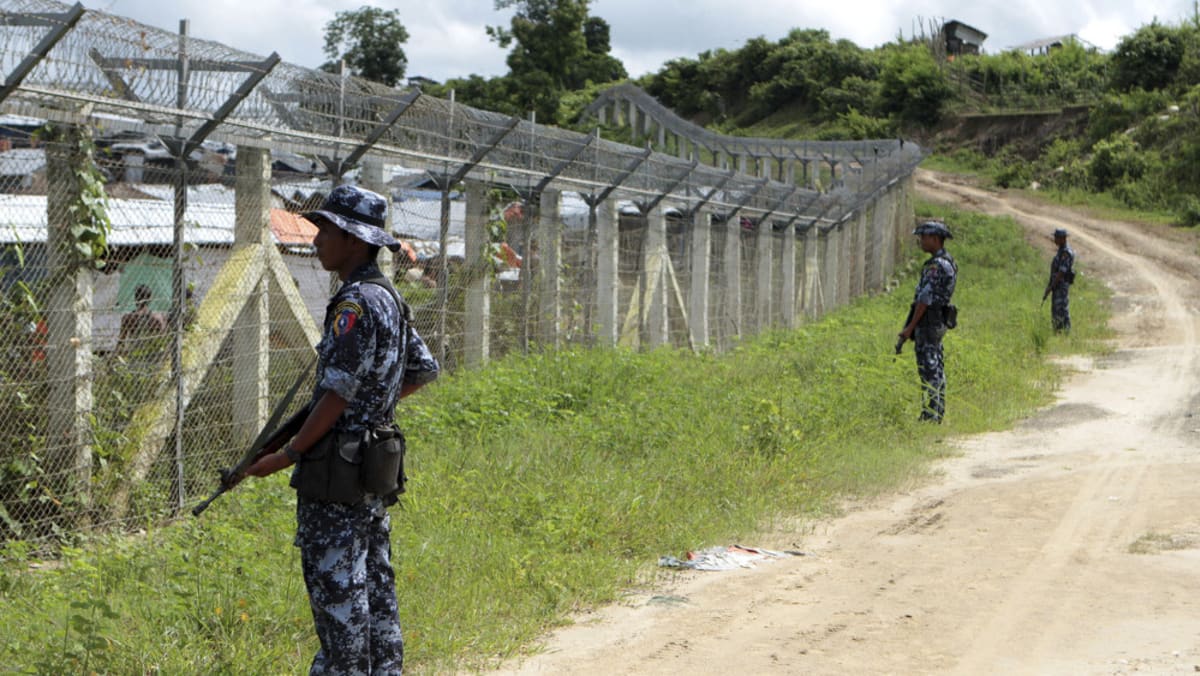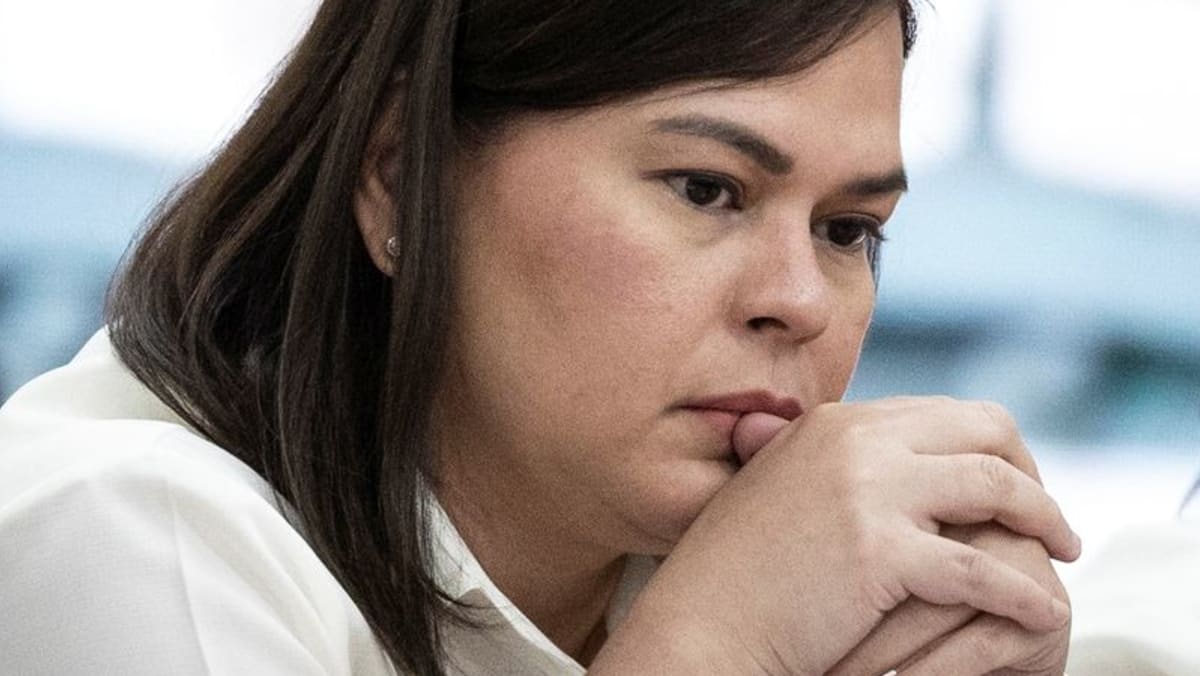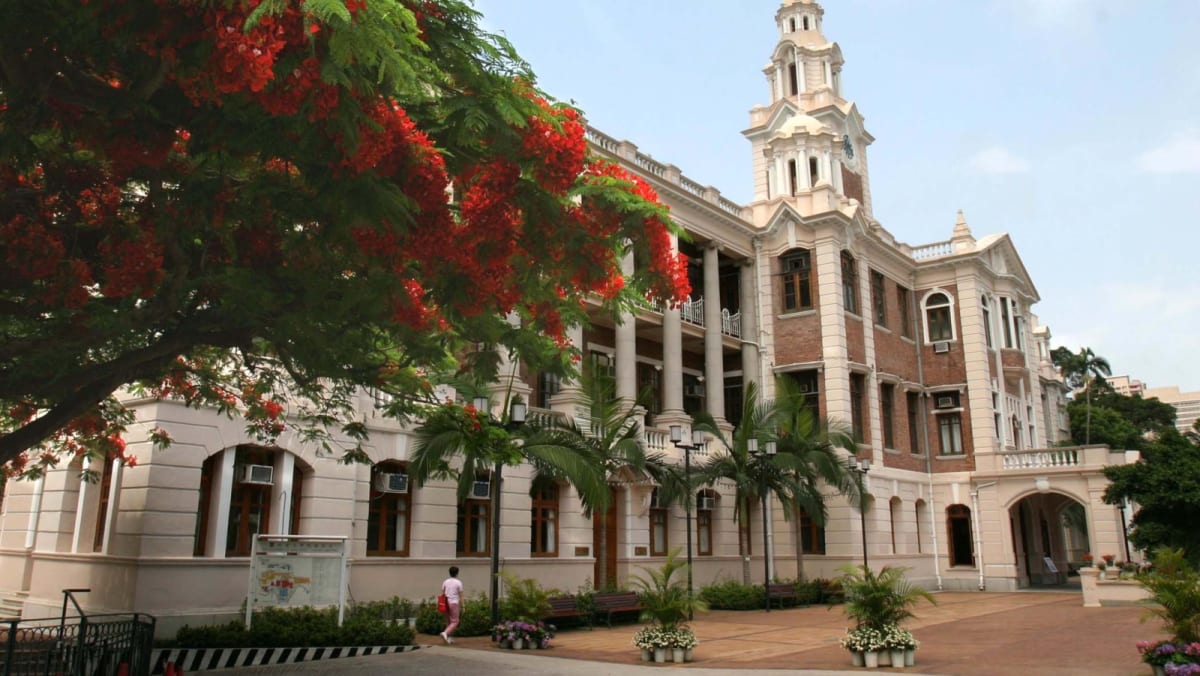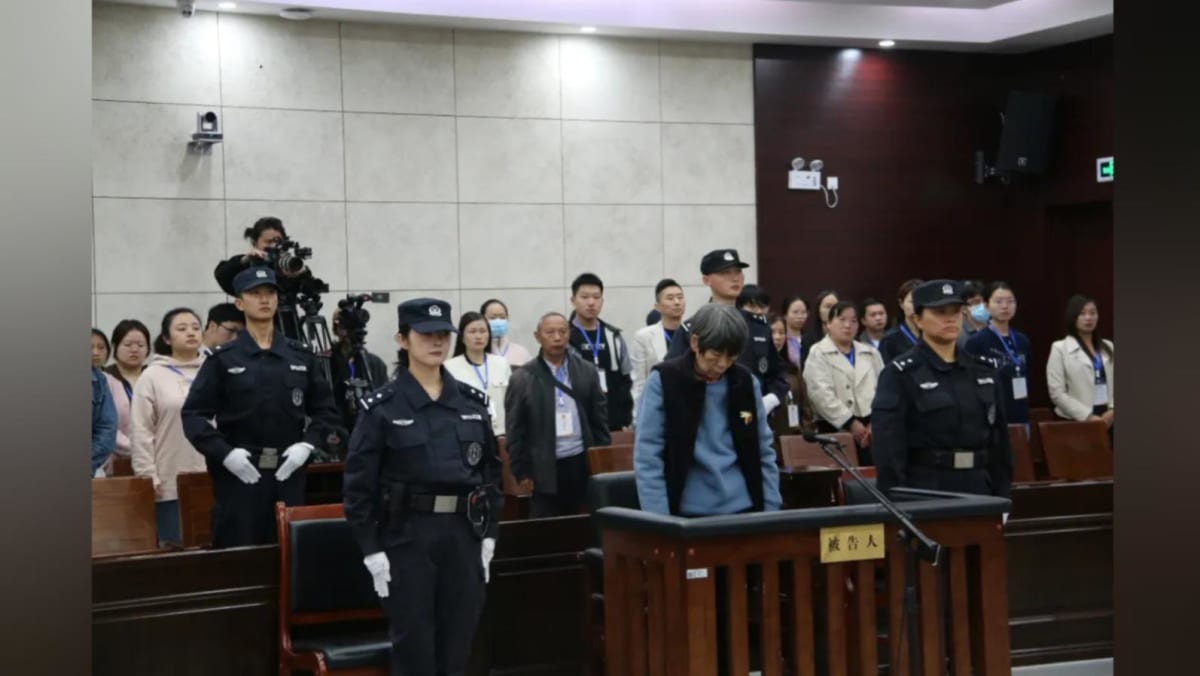Safety first in China under new central bank governor

Pan, 60, was elevated to the central bank’s top political post this month. On Tuesday, he was confirmed as the replacement for respected governor Yi Gang, becoming the first person to take over both posts since Yi’s predecessor Zhou Xiaochuan.
Pan played a key role in the restructuring and listing of the state-owned Industrial and Commercial Bank of China and Agricultural Bank of China, before becoming a deputy governor in 2012.
Since 2016, he had also been China’s top foreign exchange regulator, managing the world’s largest foreign exchange reserves of around US$3.2 trillion.
He took a tough stance against currency speculators and was also involved in state banking reforms, tightening property market and fintech regulations, and in banning cryptocurrencies.
United States Treasury Secretary Janet Yellen met with Pan during her trip with Beijing this month, referring to him as the head of the People’s Bank of China (PBOC). Treasury officials have long urged China to be more transparent with how it manages the yuan.
“Pan will put more emphasis on risk prevention, as he came from commercial banks and used to deal with risks,” said Xu Hongcai, deputy director of the economic policy commission at the state-backed China Association of Policy Science.
“He will pay more attention to yuan stability.”
“ETERNAL THEME”
In a speech in late May, Pan spoke at length about preventing and resolving financial risks as an “eternal theme”, calling for better coordination between regulators in the context of a “complex and ever-changing external environment”.
It was not immediately clear what specific measures Pan would take to shore up financial stability, but analysts say his aversion to risk meant he would be cautious about easing monetary policy too much in response to deflationary risks and growing talk of prospects for Japan-like “lost decades” of slow growth.
China’s top leaders on Monday pledged support for the economy amid a “tortuous” recovery from the pandemic, but demanded “prudent” monetary policy and a stable currency.
A senior PBOC official said this month the bank could lower reserve requirement ratios, but analysts widely expect such liquidity boosts or interest rate cuts to be minor due to growing debt risks.
The PBOC cut benchmark rates for the first time in 10 months in June by a modest 10 basis points, but held fire in July.
In his dual role, Pan, who did post-doctoral research at Cambridge University and was a senior research fellow at Harvard University, will have a consolidated position of power, albeit in an institution reporting into new regulators.
China has taken steps this year to tighten party control over financial system, including plans for a Central Financial Commission to oversee the PBOC and other institutions.
The new structure dampens expectations Pan might champion pro-market reforms as his two predecessors did.
“He is pragmatic and he is tougher in implementing policy plans” than Yi, said a former researcher at the PBOC who requested anonymity due to the sensitivity of the matter.
Pan “respects the market but is not dogmatic” about market forces needing to play a greater role in the Chinese economy, the researcher said.
Source: CNA


